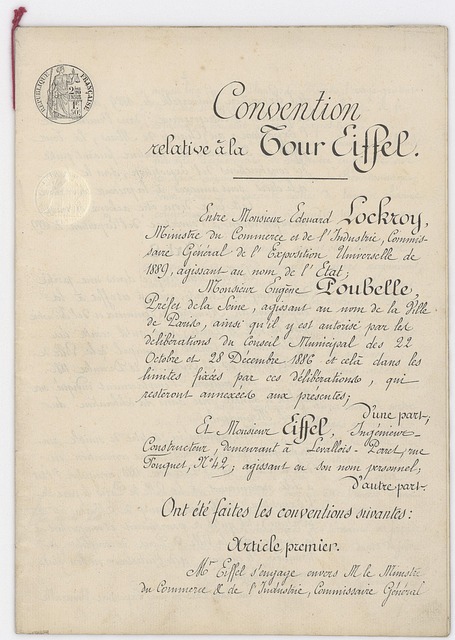The logging industry has played a pivotal role in shaping Eugene's cultural evolution, driving economic growth through timber trade but also leading to environmental degradation. However, increased public awareness prompted a transition towards conservation and sustainable development. Stricter regulations, eco-friendly industry practices, and diversified economic sectors have emerged, fostering both economic prosperity and environmental stewardship while preserving Eugene's distinctive cultural identity and natural beauty.

The logging industry has played a significant role in shaping Eugene’s cultural evolution over the years. This historic sector has left an indelible mark on the city’s identity, influencing its socio-economic landscape and fostering a unique sense of community. The bustling industry brought folks from diverse backgrounds, contributing to a vibrant tapestry of cultures and experiences that continue to reverberate in today’s modern Eugene.
Historically, logging was a game-changer for the region, driving economic growth and attracting a labor force that reshaped the city’s fabric. The remnants of this era can still be seen in the city’s architecture, infrastructure, and even its leisure activities. Many locals proudly trace their roots back to the logging days, viewing it as a crucial chapter in Eugene’s story that has shaped its character and resilience, leaving an enduring legacy on its cultural evolution.
API responded with status code 502.

In the context of Eugene’s cultural evolution, the logging industry has played a complex and multifaceted role. Historically, the lush forests surrounding the city fueled a robust timber economy, driving economic growth and shaping the region’s identity. This period saw the influx of settlers, the establishment of mills, and the development of transportation networks that facilitated the extraction and distribution of Eugene’s natural resources. However, as time progressed, the unsustainable practices of the logging industry began to take a toll on the local environment, leading to deforestation, soil erosion, and water quality issues.
The negative impacts prompted a shift in public perception, fostering a growing movement towards conservation and sustainable development. Eugene residents became increasingly aware of the intricate link between their cultural identity, economic well-being, and environmental stewardship. This awareness led to the implementation of stricter environmental regulations, the promotion of eco-friendly practices within the industry, and the rise of alternative economic sectors that diversified Eugene’s economy while preserving its rich cultural heritage and natural beauty.














